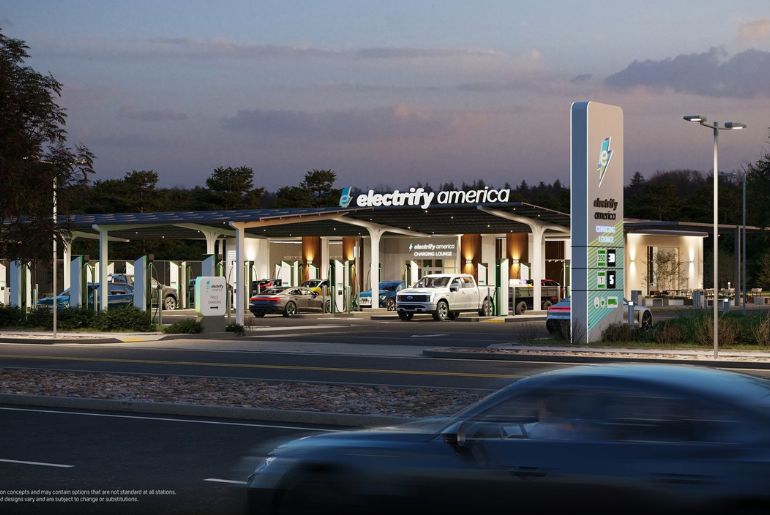It’s Electric, a Brooklyn-based curbside electric vehicle (EV) charging company, has partnered with the City of Alameda and the Alameda Housing Authority (AHA) to install the city’s first building-powered public curbside EV chargers. The initiative, located on AHA property, aims to expand access to clean transportation for residents without driveways or private garages, supporting Alameda’s climate action and equity goals.
The innovative charging solution leverages It’s Electric’s Level 2 low-impact curbside system, powered directly from nearby buildings. This approach eliminates the need for costly utility upgrades and extensive infrastructure work typically required for traditional curbside EV stations. By tapping into existing electrical capacity, the project provides affordable and sustainable EV charging while advancing local renewable energy use.
Mayor Marilyn Ezzy Ashcraft of Alameda commented:
“I am thrilled to launch this public-private partnership which will rapidly expand EV charging access in Alameda. This initiative helps make EV ownership a reality for all Alamedans, including renters and residents of multi-family buildings. Every EV charged here is powered by 100% clean electricity from Alameda Municipal Power, reducing our carbon footprint and accelerating our climate goals. Everett Commons is just the beginning; more neighborhoods will soon benefit from curbside charging, paving the way for a sustainable and equitable future.”
Vanessa Cooper, Executive Director of the Alameda Housing Authority, added:
“This partnership enables us to bring EV charging directly to communities that historically lacked access. This installation aligns perfectly with our mission to build inclusive and resilient neighborhoods, helping residents participate in the EV transition.”
Each charger can be installed in as little as two days, offering a financially sustainable model for property owners. It’s Electric covers all installation and maintenance costs while sharing a portion of the charging revenue with property owners, creating a long-term incentive system that supports upkeep and community reinvestment.
This collaboration marks a significant milestone in Alameda’s EV infrastructure development, particularly for underserved communities. By combining equitable access, renewable energy, and innovative technology, the project demonstrates how cities can implement community-focused clean mobility solutions that reduce carbon emissions and promote sustainable urban living.

